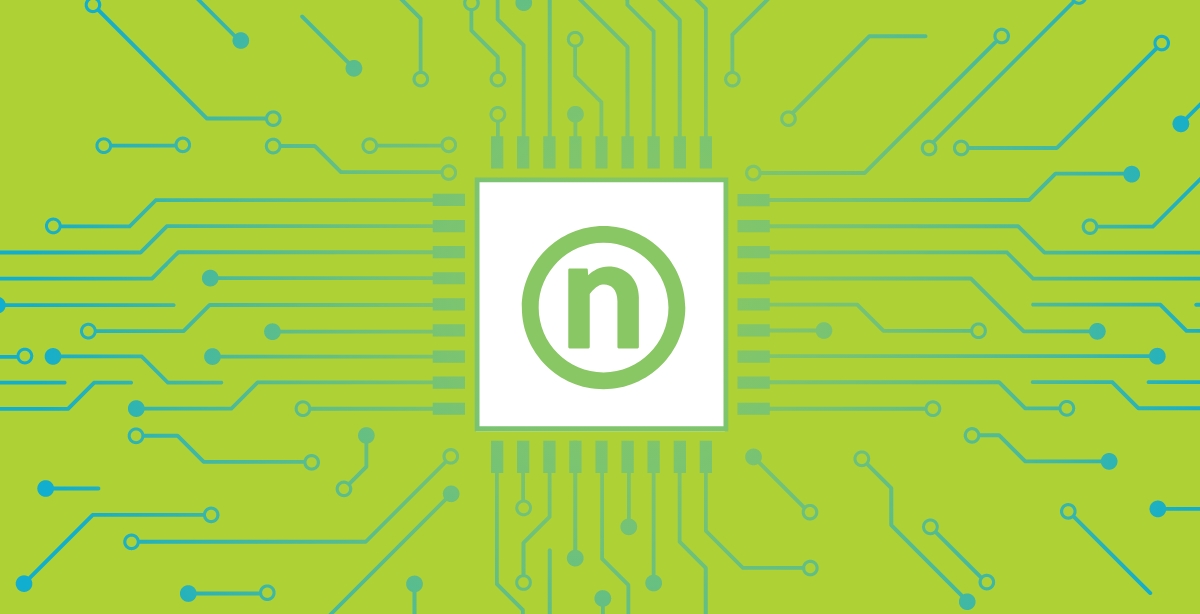According to recent research, 84% of IT leaders believe artificial intelligence (AI) will help their organization better serve customers. For that reason—and the necessity of meeting higher customer expectations despite 19% turnover in service organizations—use of AI in the service industry is way up. Since 2020, the number of service decision-makers who report using AI has gone from 24% to 45%, an increase of 88%.1
How to Use AI to Improve Customer Service
If you’re in that 55% of service decision-makers who haven’t yet taken the leap to use AI (or aren’t yet sure how it can help your customer service team), consider these impacts AI can have on service for your team and your customers.
- Greater personalization. To improve your service, you need to understand your customer—and that means accessing key company data such as the customer’s name, location, and account type when they initiate a conversation with a chatbot. If a chat initiates a request with a service technician, for example, AI will send all the needed information to the technician, saving the customer time and hassle.
- Faster service. Toggling between screens and systems to search for customer and account history, route technicians to locations, and more is very manual when compared with the way AI can efficiently navigate across knowledge bases. Salesforce research found 63% of service professionals believe AI will help them more quickly serve their customers.
- Increased productivity. Building an AI tool like Einstein Copilot or Nelnet’s proprietary Bot for Efficiently Accessing Resources (BEAR) technology into your customer service workflow can assist your agents in being more efficient. Service agents can enjoy 14% greater productivity with the help of AI-based conversational assistants.
- Maximized use of agents. Using AI to handle tedious or time-consuming tasks can reserve your agents’ time and energy for more complex work that requires human judgment, critical thinking, and social skills. This will not only enhance creativity and morale among your agents but also improve customer experience and quality of interactions.
- Enhanced processes. AI can analyze customer interactions and proactively share knowledge-based articles with customers to reduce the likelihood that they escalate an issue. You can also use AI to identify popular topics for new knowledge articles that can help you provide support in a self-service channel or via chatbot, reducing new incoming traffic to service agents.
- Proactive customer management. Using key information from contracts, warranties, subscriptions, maintenance schedules, and more, AI can suggest next actions to customers on your behalf. This identifies new opportunities for you to interact with your customers and provide the best care for them—without taking agent time to manage the process.
Nelnet: Revolutionizing Service With Automation
As Data Science Manager at Nelnet Diversified Services, Josh Jones has been heavily involved in developing and refining BEAR. This secure technology is used by customer service agents to access large knowledge bases to more efficiently provide accurate information to customers, whose personally identifiable information (PII) is carefully protected.
Using AI, BEAR combs through a knowledge base of numerous documents in a primary library securely managed by Nelnet’s Compliance Documentation Oversight team. BEAR then feeds this into a large language model, gives agents the correct response, and shows them where the information lives.
Large language models are machine learning models, specifically trained on a large collection of text data, to generate human-like text. They have the ability to understand context, generate creative content, and even answer questions based on the training text provided.
Within BEAR, agents are encouraged to provide feedback that helps the Data Science team refine models. BEAR is only as reliable as the information that’s being provided, emphasized Jones.
How AI Can Revolutionize Service in Banking
AI in banking offers new opportunities to improve customer experiences, automate and optimize processes, and manage risks.
AI in banking is a transformative technology that has given rise to new business models and opportunities. Banks are leveraging AI to create personalized experiences, automate processes, improve regulatory compliance, and more.
However, Jones noted that AI in banking also comes with potential limitations such as the risk of data privacy breaches, the need for high-quality data, and challenges around explainability of AI decisions. With Nelnet Bank (Member FDIC), Nelnet has and will continue to explore AI opportunities, ensuring that any technology implemented provides the utmost security to protect customers’ PII. Based on today’s technology and industry environment, these opportunities currently show the most potential, according to Jones:
- AI for Credit Scoring. AI, especially machine learning, plays a crucial role in credit scoring and fraud detection. Traditional credit scoring systems can be enhanced by machine learning models that consider more complex patterns and relationships in the data, providing more accurate and inclusive scores.
- Fraud Detection. For fraud detection, AI models can be trained to recognize patterns and flag suspicious activities in real time. This is done by analyzing large volumes of transactional data and applying algorithms to identify patterns and anomalies. Saving customers from fraudulent activity before significant loss occurs is key.
- AI for Customer Service and Loan Approval. AI-driven chatbots and virtual assistants are transforming customer service in banking by offering 24/7 support, handling multiple inquiries simultaneously, and providing instant responses. AI also plays a crucial role in streamlining and enhancing the loan approval process. Machine learning models automate the underwriting process, analyze the applicant’s creditworthiness more accurately, and make the decision faster.
AI in banking is promising to bring significant changes to the way financial institutions operate and interact with their customers.
AI Service Applications for Other Industries
As we’ve shared, AI is transforming customer service, improving processes, and streamlining operations in finance and banking. It’s also reshaping other industries by disrupting traditional business models and opening new opportunities, with many practical uses in different business areas.
For example, AI improves service by simplifying processes and improving outcomes in these areas:
- Health Care. AI applications like predictive analytics can help health care providers anticipate patient needs and provide personalized care. Machine learning algorithms can also be used for early detection of diseases by analyzing medical images.
- Manufacturing and Supply Chain Management. AI helps improve demand forecasting, reduce lead times, and manage resources more effectively. In this way, AI optimizes supply chains and improves quality control.
- Retail. AI can be leveraged to predict consumer buying behavior, enabling businesses to offer personalized product recommendations to their customers. AI also personalizes customer experiences and streamlines logistics.
- Customer Service. AI chatbots and virtual assistants are increasingly used in customer service to automate and improve customer interactions.
- Sales and Marketing. AI is used to predict customer behavior, personalize customer experiences, and improve marketing campaigns.
- Human Resources and Recruitment. AI can automate resume screening, schedule interviews, and even help in onboarding processes.
These are just a few examples. The application of AI in business is vast and continues to expand as technology evolves.
AI’s Promise for the Future of Service at Nelnet
What does successful implementation look like for BEAR? Jones said the goal is simple, but several prioritized factors will help to measure the overall impact on improving service. According to Jones, the factors we most care about are (in order):
- Is the information it is relaying accurate?
- Does using BEAR reduce the need for customer service agents to conduct their own research?
- Are new associates able to ramp up faster by using BEAR and achieve higher accuracy when informing customers?
- Do our customer service agents like it and use it?
- Is BEAR being utilized enough to justify its development and maintenance costs?
Multiple Nelnet divisons have contacted Jones and his team to explore the opportunities BEAR offers for their business lines. Many Nelnet businesses work with the team to consider time savings for their customer service agents. They also explore the potential uses of AI in creating content for self-service solutions, analyzing sentiment, predictive analytics, other types of chatbots, and more. Nelnet’s data scientists are constantly searching for ways to utilize AI to help the organization’s businesses improve customer service, make service agents more productive, and provide even better customer experiences.


